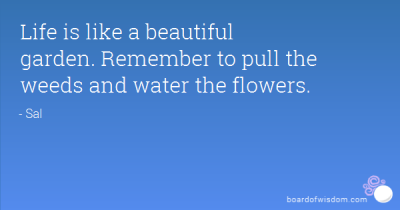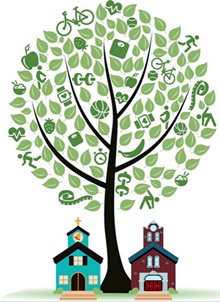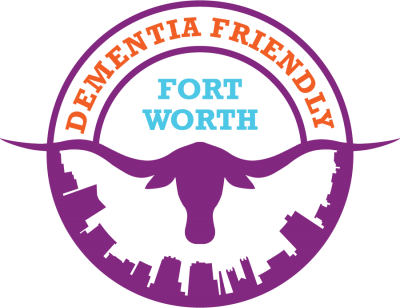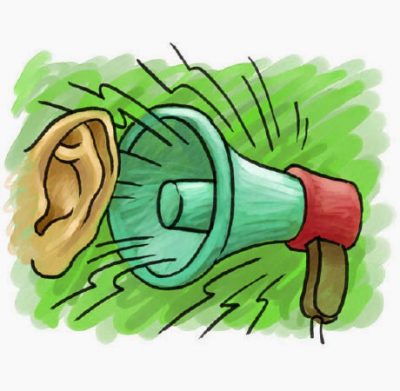
Posts about:
AGE-u-cate Training Institute (10)


Caregiver Resentment and How it's like Weeds in your Garden!
I just can't help but talk about gardening this time of year. I admit it - I'm addicted. It's not uncommon for me to get my garden gloves on early on a Saturday morning and still have them on when at sundown. Once I start working in my garden, I just can't stop - especially this time of year. So why am I going to talk about caregivers resentment and weeds in your garden?

The Important Role of Faith Community Nursing
Faith-based hospital organizations recognize the impact of partnerships with their local faith-based communities. The important role of faith community nursing programs is to bridge the gap in helping congregational nurses to meet the needs of their faith communities.

Why YOUR City Needs to become Dementia Friendly
I'm honored to be part of the exciting Dementia Friendly Fort Worth initiative. Not only are we the first major city in Texas to undertake this effort, but one of the largest cities in the United States. We are part of Dementia Friendly America (DFA), which is a multi-sector collaborative on a mission to foster "dementia friendly" communities across the nation.
Responding to Agitation and Aggression in persons living with Dementia
Agitation and Aggression- Individuals with dementia frequently become restless, anxious, or upset you may see a resident pacing, moving furniture or objects, talking to themselves, yelling or swearing. These behaviors can escalate to aggressive behaviors like, threatening or causing harm to another by pushing or hitting, cornering another resident or staff, or even throwing objects or food. And unfortunately, aggression among people with dementia can happen suddenly and seemingly without warning.

News Flash! Our Seniors are Drowning in Drugs
I recently attended a conference and listened to a geriatrician share that the average number of medications her patients are on when they come to her practice is a shocking 18 - 24. That's per DAY! No doubt we have a serious epidemic in this country - our seniors are drowning in drugs.

Noise Pollution and Older Adults - A Real Health Hazard
When was the last time you walked into a restaurant hoping for a relaxing dinner only to feel like you were in the middle of a rock concert, and a bad one at that? You're not alone. Noise pollution is a real health hazard, especially for older adults. Yes, I'm in the AARP club myself, but don't consider myself "old" (and not sure when that starts) but I've noticed how noise has affected me as I've aged.
